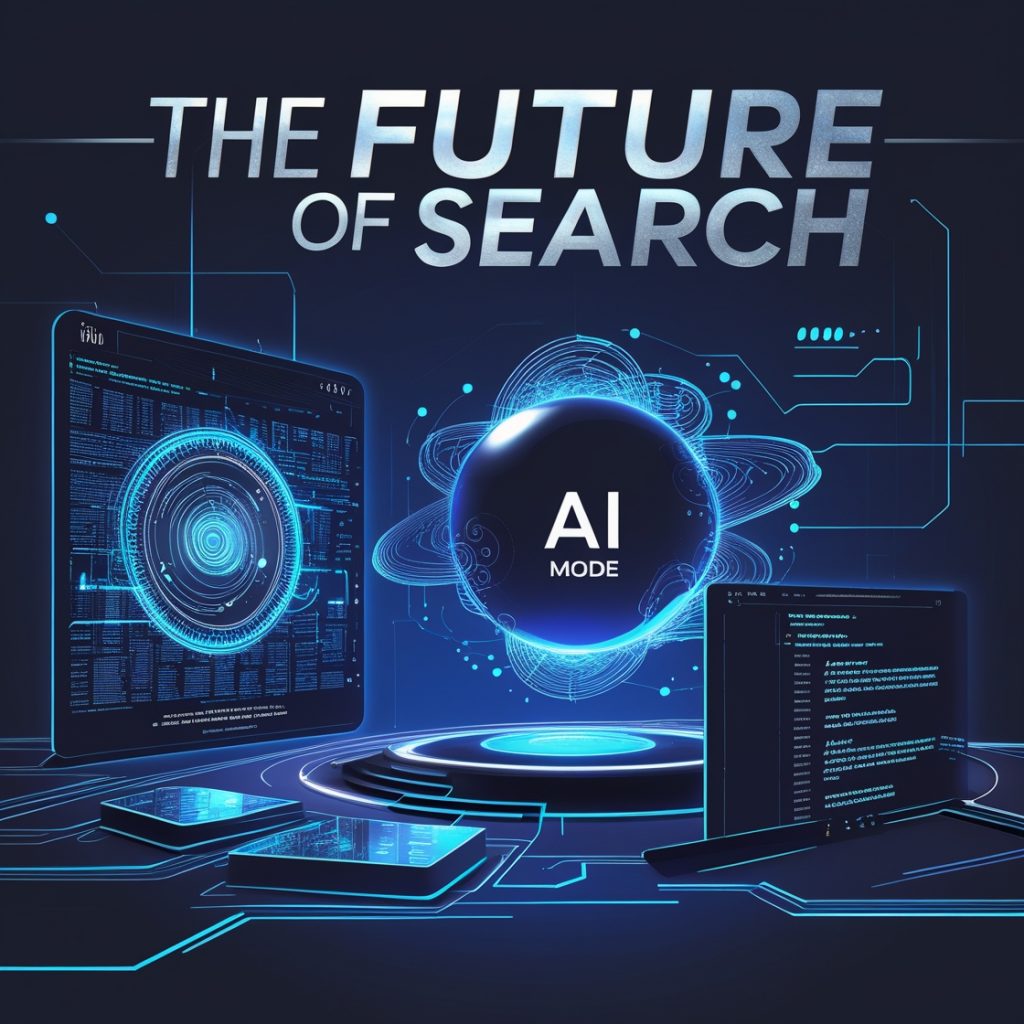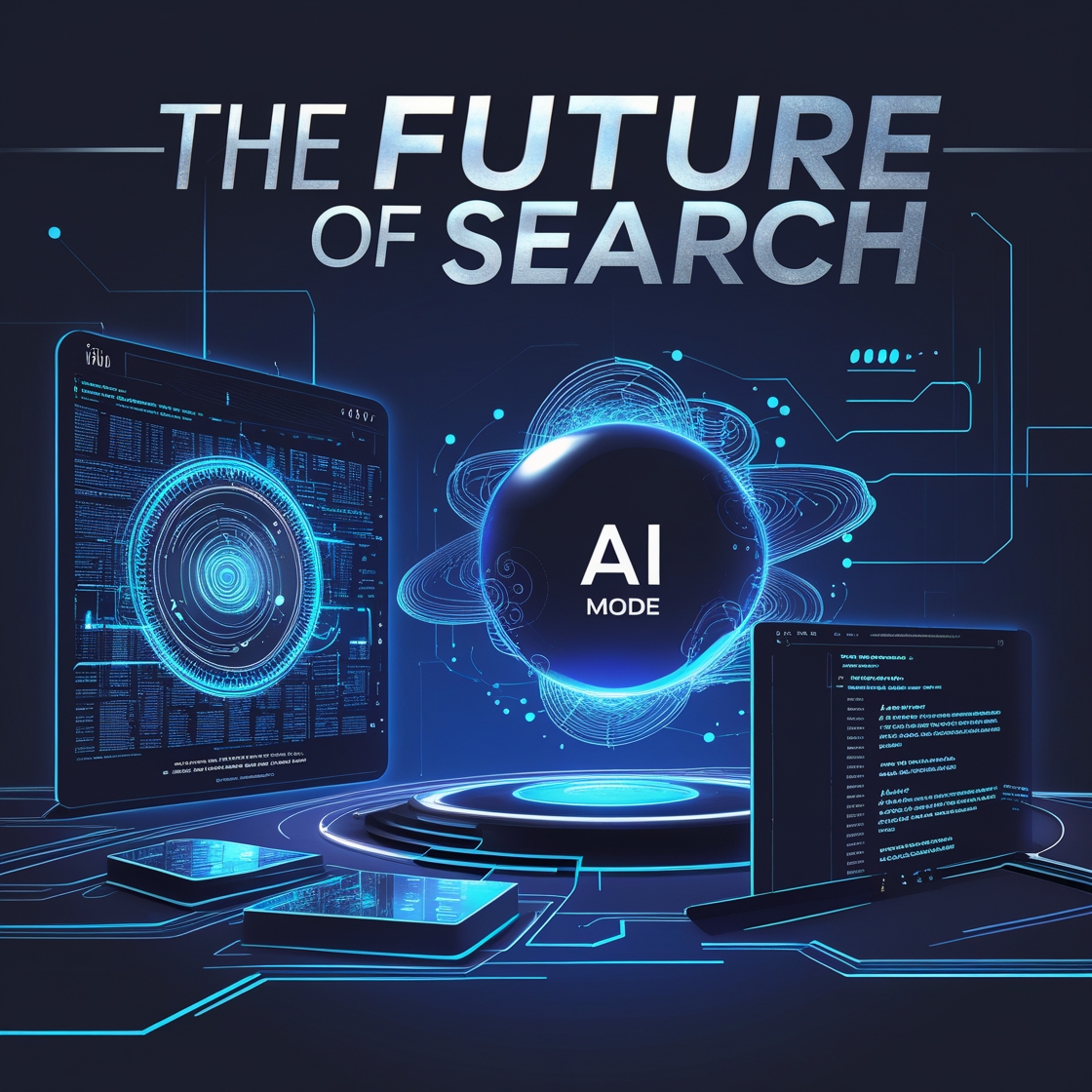With the rise of AI-driven features, search engines are no longer just guiding users to information—they are now delivering direct answers.

This transformation is reshaping user interactions with the web, sparking discussions about the future of SEO, content discovery, and digital marketing strategies.
The Rapid Evolution of AI: From ChatGPT to Grok 3
The past two years have witnessed groundbreaking advancements in AI and large language models (LLMs).
Three years ago, technologies like Google’s Gemini and Meta’s LLAMA were nonexistent, and OpenAI’s ChatGPT only emerged in late November 2022.
By January 2025, DeepSeek R1, an open-source reasoning model, entered the scene, impressing the AI community with its speed, efficiency, and affordability compared to OpenAI’s o1 GPT model.
Shortly after, Elon Musk’s xAI unveiled Grok 3, a powerful AI model that stood out for its complexity and fewer restrictions, gaining attention for its unique capabilities.
More recently, Anthropic introduced Claude 3.7 Sonnet and Claude Code, an LLM focused on coding and debugging, causing ripples in the software engineering world.
These advancements mark only the beginning, with AI’s rapid progress set to bring even more innovative breakthroughs.
Google’s AI Mode: A Preview of Search’s Future
AI is not just bringing new tools; it is revolutionizing existing ones.
On March 5, Google expanded its AI Overviews feature with an experimental addition called AI Mode.
This interactive functionality enables users to:
- Engage in conversational, multimodal searches.
- Refine complex queries through iterative back-and-forth interactions.
Powered by Gemini 2.0, AI Mode leverages a “query fan-out” technique to aggregate real-time data from multiple sources, producing in-depth summaries.
This shift may challenge SEO strategies, potentially reducing website traffic as users receive comprehensive answers directly within search results, contributing to a zero-click ecosystem.
With Google holding an 89% market share in search, its AI innovations warrant close monitoring, as AI Mode may signal the future direction of search.
Two Key Terms Defining the Future of Search: Agentic AI & Deep Research
Two emerging concepts are gaining prominence in AI-driven search:
- Agentic AI models
- Deep research models
Deep research models go beyond simple search functions by conducting detailed, multi-step research, retrieving data from various sources, and compiling comprehensive insights.
Unlike earlier LLMs that relied on single-step retrieval via RAG (retrieval-augmented generation), these new models can:
- Perform sequential research actions to deliver nuanced results.
- Take proactive steps, such as executing tasks based on complex user inputs.
Google’s Project Mariner and OpenAI’s Operator exemplify these capabilities, allowing users to conduct web tasks while processing multimodal elements like text, images, and forms.
How AI Could Reshape Search Behavior
Imagine planning a trip to Tokyo and needing details on the best travel season, weather, and accommodations.
Traditionally, gathering this information required days or weeks, relying on travel blogs, review sites, and video content.
A deep research model could streamline this process, scouring multiple sources, summarizing relevant insights, and delivering a comprehensive answer.
Agentic models take this further by handling transactions—booking flights and hotels autonomously through online checkouts.
With companies like Google advancing toward artificial general intelligence (AGI), deep research and agentic models are pivotal steps in creating practical AI-driven solutions for everyday needs.
The Long-Term Impact of AI on Search & Content
AI Overviews have already affected organic traffic and search behaviors. Now, we must consider the broader implications for content creators and marketers.
What the Future of Search May Look Like
With AI Overviews and agentic search becoming integral to Google’s ecosystem, the search landscape is evolving. Here’s what to expect:
1. The Rise of Zero-Click Searches
Since launching in May 2024, AI Overviews have significantly reduced the number of users clicking on search results for informational queries.
As AI-generated responses become more accurate and instant, users will increasingly depend on AI tools for quick answers rather than visiting individual websites.
AI Mode and future innovations will likely reinforce this trend, making AI-driven summaries the default rather than traditional web browsing.
2. Personalization at an Unprecedented Scale
AI-driven search is advancing beyond conventional algorithms by offering highly personalized responses.
By leveraging vast user data, Google’s AI can refine queries in real time, delivering tailored results that adapt to individual preferences.
As AI systems learn continuously, they will enhance their ability to remember and anticipate user needs, making hyper-niche content more valuable.
3. Multimodal Search Becomes the Norm
Google’s AI-powered multimodal capabilities are already embedded in products like Project Astra, showcased at Google I/O 2024.
During a live demo, Astra used tools like Google Lens to identify objects, distinguish names, and even generate creative content.
Although these features are not fully integrated into search, multimodal capabilities—combining text, images, and voice—are shaping the future of search queries.
To stay ahead, businesses should optimize content beyond text, focusing on image, video, and audio-based search experiences.
The Role of AI in Commercial Searches
While AI-driven answers have reduced clicks for informational queries, commercial searches still present opportunities for website traffic.
Consumers engage in extensive research before purchasing—comparing products, reading reviews, and consulting multiple sources.
Although AI-generated search results may reshape this journey, businesses should consider how AI can enhance decision-making while still driving users to their sites.
User-generated content, such as customer reviews, will remain crucial in influencing purchasing decisions.
Quality Content Will Always Matter
Despite AI’s increasing influence, one fundamental principle remains unchanged: high-quality content is key to search visibility.
Whether users rely on traditional search engines or AI models, visibility depends on well-researched, authoritative content.
Since both Google Search and AI models use retrieval-augmented generation (RAG) to source data, ensuring accurate and high-value content is critical.
Content that demonstrates E-E-A-T (Experience, Expertise, Authoritativeness, and Trustworthiness) will continue to rank higher in AI-enhanced search results.
Moreover, branding will play a more significant role in search visibility, emphasizing the need for strong, well-optimized content across multiple formats.
Final Thoughts
AI is revolutionizing search, and businesses must adapt to this shift by focusing on engaging, authoritative, and multi-format content.
As AI-powered search tools like AI Mode gain traction, the focus will move from traditional rankings to brand visibility and content accessibility across different mediums.
While search engines evolve, one thing remains certain: those who embrace AI-driven changes and prioritize high-quality content will stay ahead in the ever-changing digital landscape.


